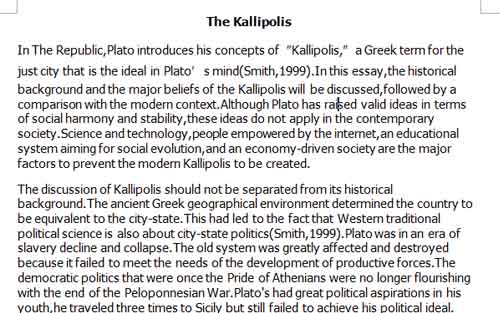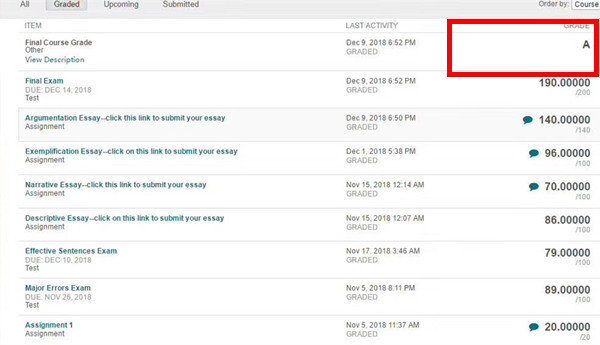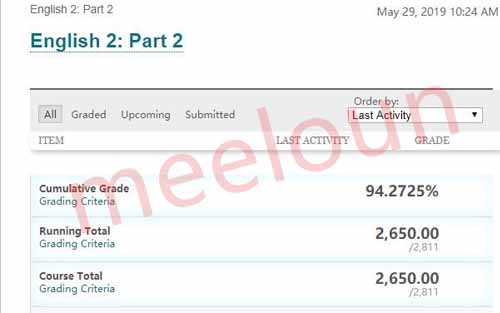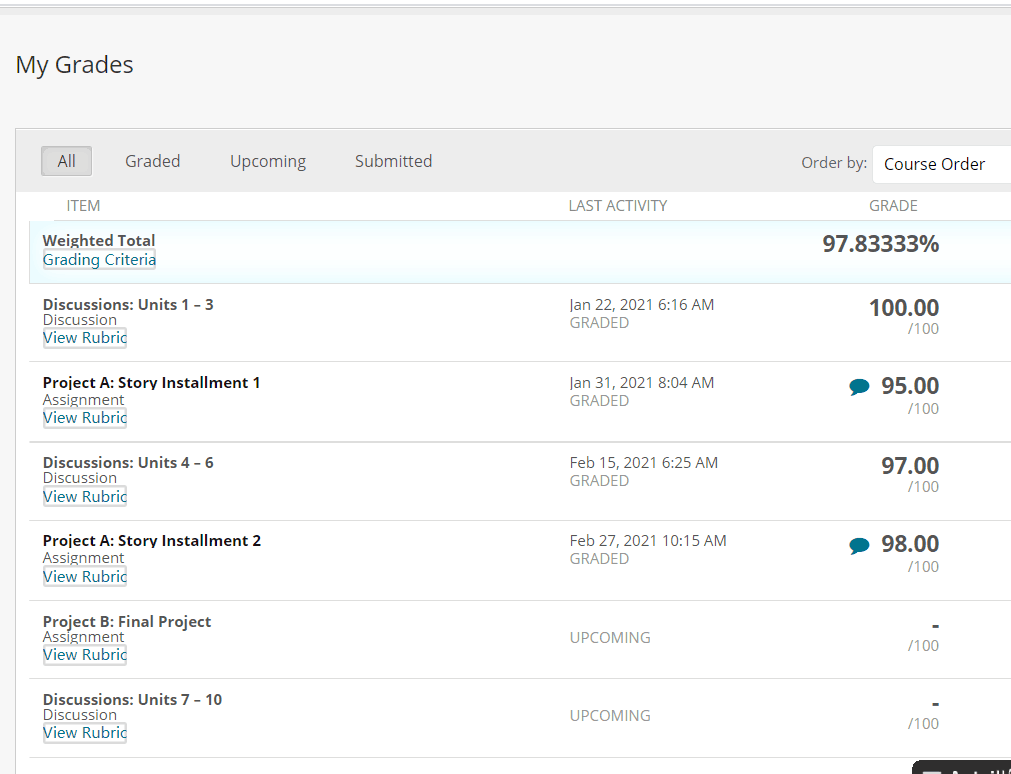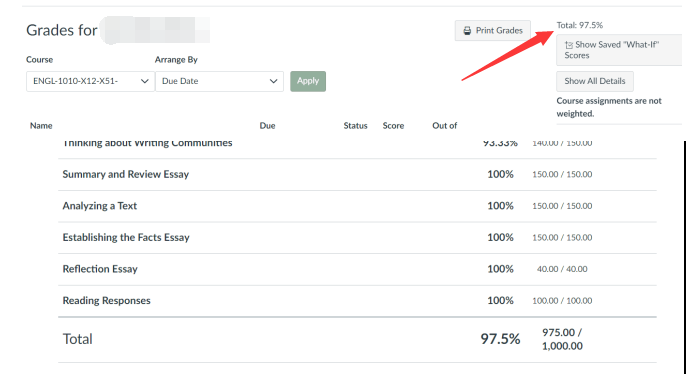本文是一篇Movie Review代写范文,题目为:Platoon,本文讲述了一排美国步兵在越南前线作战的故事。这部电影采用了第一人称视角,讲述了步兵招募者泰勒的故事。第一人称叙事具有高度的可信度。作为电影的叙述者,泰勒也是一名参与前线战斗的士兵。他的叙述让观众看到了真实的战场和面对战争的士兵的真实表现。
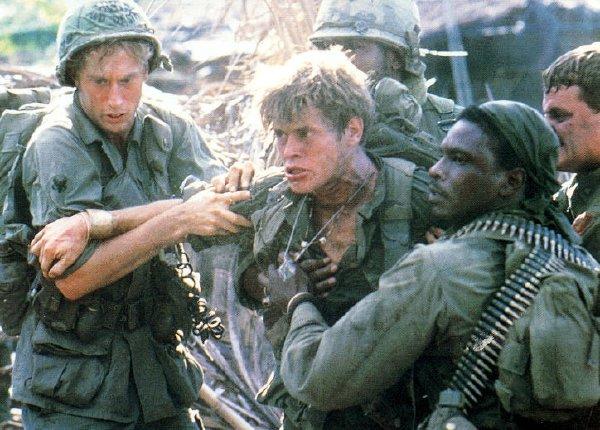
In the film Platoon (1986), American soldier Chris Taylor exited the university and volunteered for enlistment in the Vietnam War. He came to Vietnam with other U.S. recruits and was incorporated into the B-25th Infantry. The ranks of the infantry were varied, but the greatest influence on Taylor were Captain Barnes and Captain Elias. Although these two men fought side by side on the Vietnam battlefield, they completely differed from each other. Barnes, who had survived from shots seven times, had become accustomed to killings and deaths on the battlefield. He became ruthless and took killing as a very common thing. However, Elias did not lose his conscience, and he strictly abide by the notion of zero indiscriminate killing on the battlefield. He had a fierce conflict with Barnes due to such principles. The entire infantry thus divided into two groups, Taylor stood on Elias’ side. The film unfolds with Taylor's letter to his grandmother.
在电影《排》(1986)中,美国士兵克里斯·泰勒从大学退学,自愿参加越战。他和其他美军新兵一起来到越南,被编入B-25步兵团。步兵的级别各不相同,但对泰勒影响最大的是巴恩斯上尉和埃利亚斯上尉。虽然这两个人在越南战场并肩作战,但他们完全不同。巴恩斯曾七次死于枪击,他已经习惯了战场上的杀戮和死亡。他变得冷酷无情,把杀人当作一件很平常的事。然而,埃利亚斯并没有丧失良知,他严格遵守战场上零滥杀滥伤的理念。由于这些原则,他与巴恩斯发生了激烈的冲突。整个步兵因此分成两组,泰勒站在埃利亚斯一边。影片以泰勒写给祖母的信展开。
According to Hunt, the Vietnam War caused around 1.4 million deaths and over ten million refugees. Obviously, this was a war that the US did not have control over, yet there was no mention of that in the government war propaganda. This is reaffirmed by Platoon, which narrates a story of a row of American infantry fighting in the front line of Vietnam. The film uses a first-person perspective and tells the story of infantry recruiter Taylor. First-person narratives have a high degree of credibility. As a narrator of the film, Taylor is also a soldier involved in the frontline battle. His narration allows the audience to see the real battlefield and the true manifestation of the soldiers facing the war.
The director did not deliberately orchestrate compelling stories, but recounted the four or more battles he had experienced on Vietnam's battlefield after joining the infantry, through the recap of Taylor. The film plot is based on the letters Taylor wrote to his grandmother on the surface. Behind this implied another clue that Taylor’s mind changed in the ideological war. While narrating the story, the film also shows the various characters in the infantry platoon and the contradictions between them. The film shows the brutality of the war and the soldiers' misgivings about the war through details. The significance of the Vietnam War should not be diminished with the larger background of the Cold War. In Lind’s article, the author tries to categorize the Vietnam War as only one of the series of conflicts between the US and the USSR. However, he is being self-contradictory when he justifies the war with the decline of major communist economies.
The arguments of the three authors center around the issue of whether the Vietnam War was worth fighting. While Hunt and Mann give negative answers, Lind believes the war to be highly necessary. Hunt argues about the problem from the utilitarian perspective. Firstly, he makes reference to extensive amounts of figures to show the devastation of the war. Hunt believes that the ideological confrontation in the Cold War was mainly between the US and the Soviet Union. The Southeast Asian countries were only dragged into it. Thus, the lack of direct animosity between north Vietnam and the US is the main reason why the latter should not have intervened. The Vietnam War could have been a civil war. However, with the intervention of the US, its impact spread to and destabilized neighboring countries. It may have served a key factor in radicalizing Cambodian revolutionary forces, causing even more deaths. Finally, Hunt argues that the Vietnam War became a scar in the US society, resulting in the polarization of the country.
Taylor, the narrator in the film, does not exist merely as an observer. He is also an important witness and participant. Taylor's writing to his grandmother is the real feeling and reflection he had over the war. This feeling and reflection are conveyed to the audience not only for the cruelty and bloodiness of the war, but more importantly for him as an ambitious and patriotic youth who volunteered to join the army. However, such young guys changed their minds when they actually entered and experienced the Vietnam War. One week after arriving in the Vietnam battlefield, Taylor, from a middle-class family living in the United States, began to feel the pain. His teammates' indifference and day-to-day march, camping and ambush made him feel like living hell. He began to doubt his first thoughts and thought he should not be here. It seemed absurd that he had withdrawn from college and wanted to join the Vietnam War to realize his own aspirations. The veterans on the battlefield seemed ridiculous, too. In later battles, he discovered that the contradictions within the infantry platoon were becoming increasingly acute. The fratricidal war caused by this contradiction seemed to indicate that the war would eventually fail, and that all he could do was to count days and look around. At the end of the movie, when Taylor got on a helicopter returning home, he watched the body lying on the ground and burst into tears. He finally realized "I think now, looking back, we did not fight the enemy; we fought ourselves. And the enemy was in us. "
Mann is believed to present the strongest argument, for he has clearly seen the nature of the war within the shortest article among the three: “a grand delusion.” The Vietnam War, according to Mann, was filled with deceit and withdraw of key information. It served as a turning point in US politics, when the people realized that the government could lie to them. A sense of distrust has been established as the Americans gradually realized the truth of the Vietnam War, which was an entirely different version from what the government had been feeding them. In this process, testimonies from battlefield veterans played a key role in solidifying this distrust. By the end of the article, Mann gives a list of “delusions”, which he believes formed a cycle of lies that dragged the US into the unnecessary Vietnam War.
The impact of the failure of the Vietnam War on American society is undoubtedly enormous. The Vietnam-US war led to the complete demise of the 'invincible' myth of the US, and the narcissism and arrogance in the American spirit faced unprecedented challenges. The Vietnamese war has deprived Americans of their old self-confidence and pride. They began to doubt their own governments and leaders and their decisions. This not only made the domestic anti-war sentiment increasingly high but also exacerbated the racial and civil rights of American society. After this war, American society turned into a split state. It also caused tremendous trauma in the hearts of the American people. The Vietnam War has become a scar in American society. The director, as a veteran who personally participated in the Vietnam War, uncovered the scars bravely and used "Platoon" to reflect on the war and remind American society of the silence and oblivion of it.
Lind sees the much bigger picture of the Cold War, and places the Vietnam War into this context. According to Lind, the Vietnam battlefield was merely a “proxy war.” It was a fight between the two different ideologies, and the power domain of each in the world. Lind believed that the war was a necessary demonstration of credibility of the US to the rest of the world, especially its allies. Lind also addresses the issue of polarization and the divided society after the Vietnam War. However, he believes that the side to be defeated is the radical leftism, liberalism, and conservatism. In contrast, Hunt and Mann believe that the opposite of war is peace, and the US society is divided on whether it should achieve national interests by waging wars and cause damage to other countries. Lind further gives two major arguments about the Vietnam War. The geopolitics argument justifies the necessity of the war, and the domestic politics concerns made the war stop. Despite the relevance of the Vietnam War in the Cold War, Lind underestimates the trauma and negative influence of the war within the country: the loss of trust of the Americans in the government, which is addressed by Mann.
The film did not focus on the fight between the Americans and the Vietnamese on the battlefield, but the struggle among the Americans. The Vietnamese army is just an enemy that already existed. What the film really wants to express is that the biggest enemy of the U.S. military is itself. This is also the place where "Platoon" is the most unique movie in comparison to other Vietnam themes. For the U.S. soldiers, they all came to the Vietnamese battlefield enthusiastically, most of whom blindly believed the U.S. propaganda for fighting communism in Asia. They did not know the real purpose of the U.S. government in waging the war. However, after joining the war and personally experiencing the battles and death, these political issues become less important. The war has become a cycle of violence and deaths. The instinct of life did not allow them to think about why they were fighting. In the gradual loss of reason, the brutal side of human nature is revealed.
Barnes in Platoon represents such people that turned into inhumane killing machines. The clash between him and Elias was both irrational and rational, that has resulted in the division and loss of self-control within the U.S. military. The film is a reflection of the failure of this war and the dehumanization nature of it. By revealing this nature, the director positions himself opposite to the wagers of the war. Elias said after a head-on confrontation with Barnes: "What happened today is just the beginning. We're going to lose this war." This is not just the feeling of Elias, but also the director's desire to tell the audience through picture. However, the director's reflection on this war was not without hope. Although the film hero Taylor lost himself on the battlefield because of his lack of rationality, eventually he returned to self-realization. As he said at the end of the film, “Those of us who did make it have an obligation to build again. To teach to others what we know, and to try with what's left of our lives to find a goodness and a meaning to this life. "
In conclusion, the Vietnam war is one of the most controversial wars in the history of the United States. There have been heated debates regarding the legitimacy and meaning of the war. In the article by Hunt, it is argued from the ethical and factual perspectives that the Vietnam war is completely unjustified, simply because of its heavy cost on both sides. Lind takes an opposite perspective in his article, by zooming out on the much bigger picture of the Cold War. Being a “proxy war” of the Cold War, the Vietnam War served its purpose of restoring the “proper” balance of the world with the decline of major communist economies. Finally, the article by Mann considers the entire war a cycle of delusions. He believes that the focus of the war should be the dividing ideologies within the United States. He further categorized the various presidents and interest groups as being deluded into an unnecessary war. Combined from the description and understanding of the Vietnam War by the film Platoon, it is Mann’s article that offers the strongest argument among the three.
总之,越南战争是美国历史上最具争议的战争之一。关于这场战争的合法性和意义一直存在着激烈的辩论。在亨特的文章中,有人从伦理和事实的角度认为,越南战争是完全没有道理的,仅仅是因为它的沉重代价双方。林德在他的文章中采取了相反的观点,缩小了冷战的更大范围。作为冷战的“代理战争”,越南战争的目的是随着主要共产主义经济体的衰落,恢复世界的“适当”平衡。最后,曼恩的文章认为整个战争是一个妄想的循环。他认为,战争的焦点应该是美国内部分裂的意识形态。他进一步将不同的总统和利益集团归类为一场不必要的战争。从电影《排》对越南战争的描述和理解来看,曼恩的文章是三篇文章中最有力的一篇。
以上就是本篇movie review代写范文全部内容,欢迎阅读,如果不知道movie review怎么写的同学们,请咨询网站客服。




